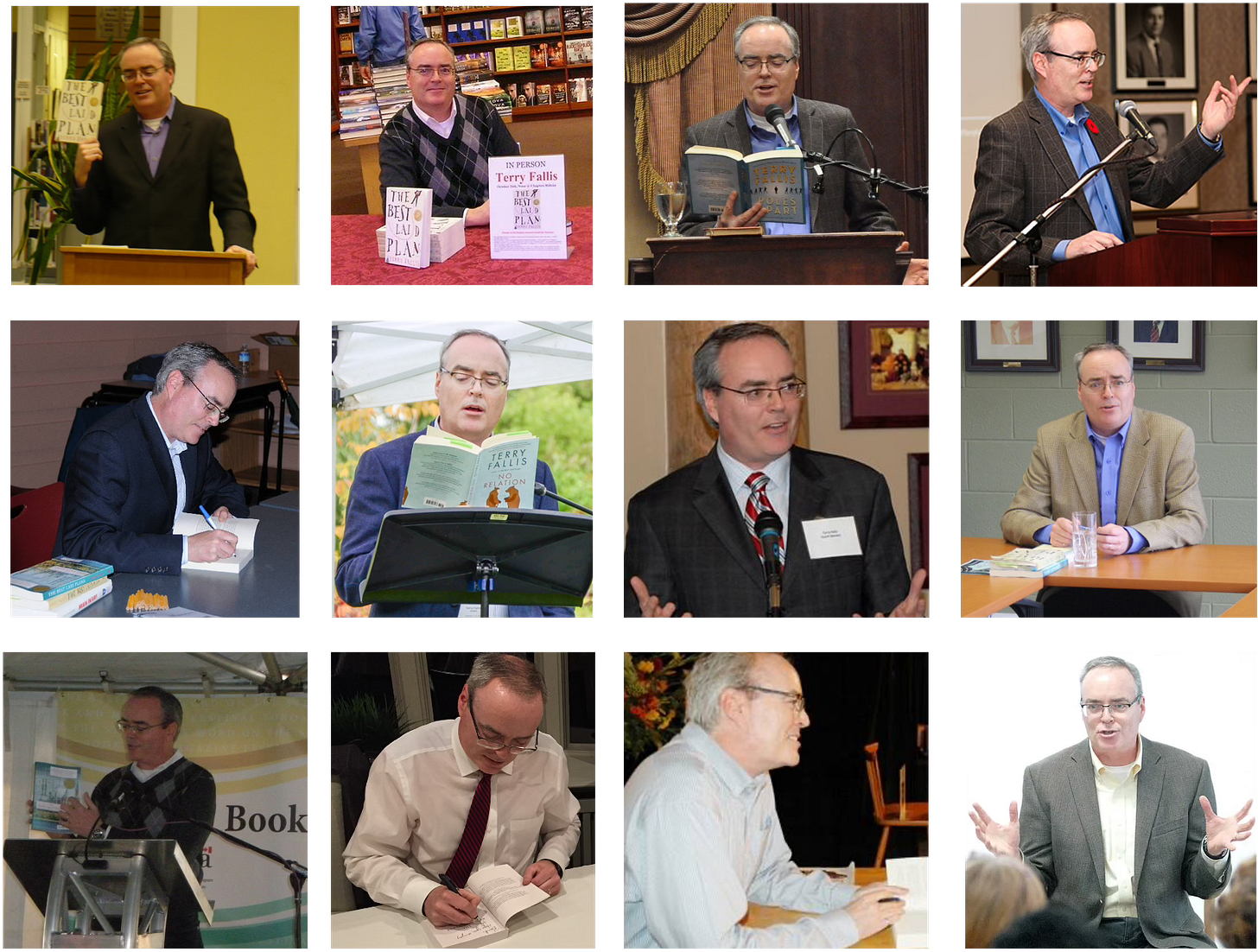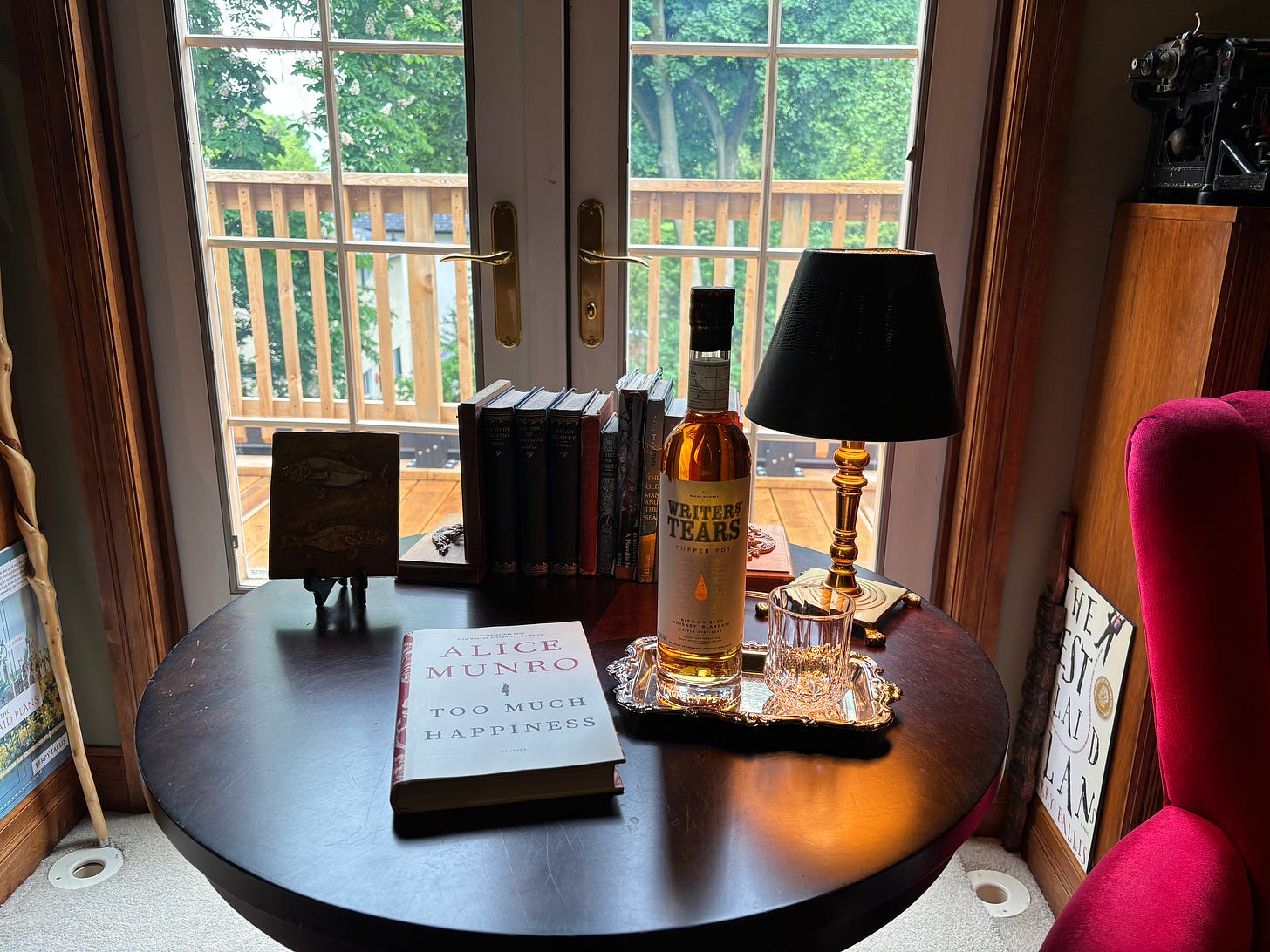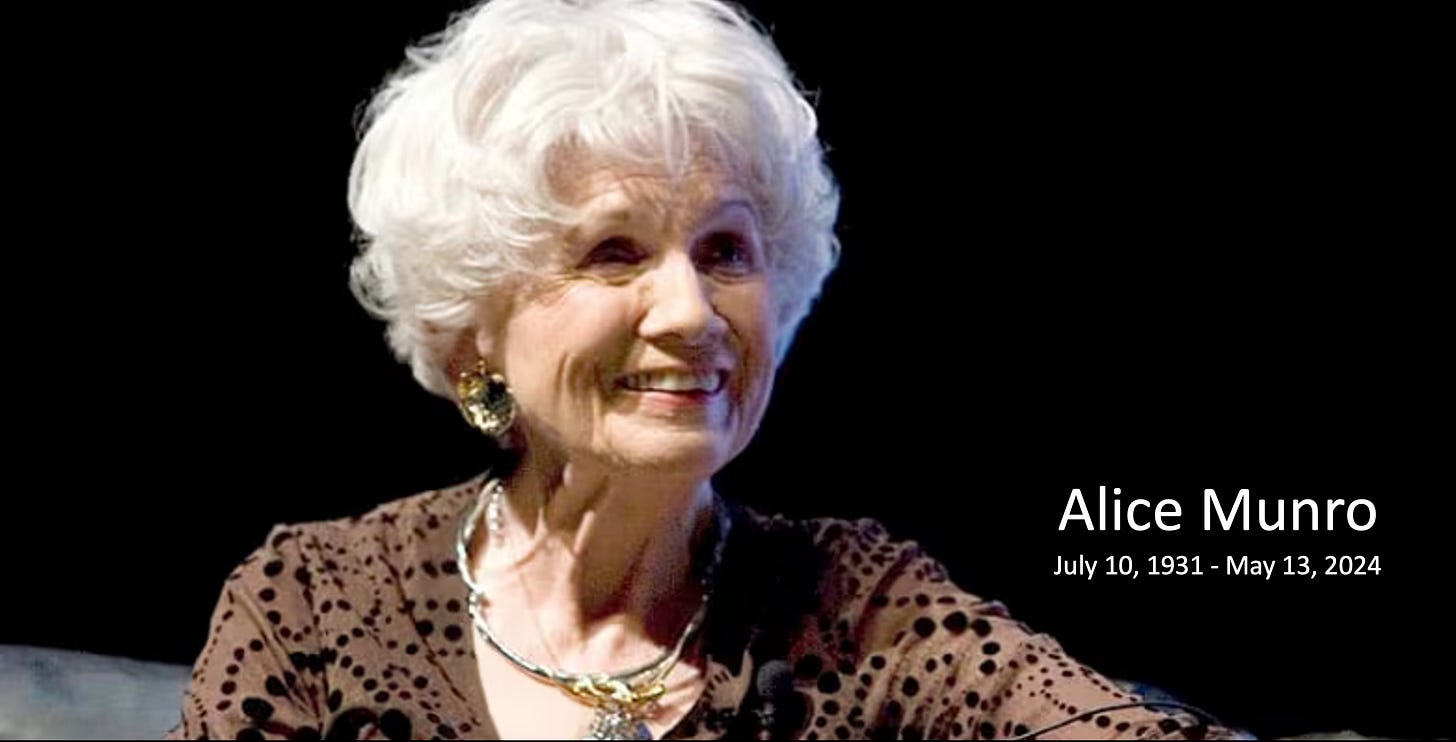Special encounters with readers
Like almost every other writer, I’ve had a very broad range of reviews of my novels. Some readers really like them and there are some who do not. Goodreads is a platform that keeps writers humble. Even the most popular of novels (nearly anyone’s novels, including all of mine) earn their share of one-star reviews. It’s inevitable and a universal truth of the writing life.
But that’s not really what I’m talking about here.
For many readers, perhaps for most, books are entertainment—a welcome source of joy, distraction, respite, relief, insight, even enlightenment. But for a smaller cohort of readers at particular stages and in particular moments, stories can mean much more. Stories can even help change their lives.
Over the 17 or so years since my first novel was published, I’ve had personal encounters with hundreds, perhaps thousands of readers at book clubs, festivals, libraries, community events, schools, corporate speaking gigs, neighbourhood dinner parties, and more. Almost all were lovely and gratifying, but a relative few were so powerful and moving that I remember them clearly and cherish them in a different way. Those particular interactions are my favourite reader reviews.

Most of these particular moments with readers were driven by my first novel, The Best Laid Plans (TBLP). This is perhaps not surprising given that, courtesy of Canada Reads (TBLP won in 2011) and perhaps the CBC-TV miniseries that aired in 2014, more people have read my first novel than any of my others. This is likely to be the case always.

For context, in TBLP, I close each chapter with a short entry from the diary of Angus McLintock, the accidental Member of Parliament in the story. His diary is in essence, a series of letters to his dearly departed spouse describing how and what he’s doing as he navigates her loss.
At about a dozen or so book talks since 2008, in different regions of the country, the following scene has unfolded in more or less the same fashion. After the talk, as I’m inscribing books for audience members, I will see an older man or woman hanging back, waiting so that they can be the last one in the signing line. After the first few times it happened, I learned to pick up on the signs and be ready. Finally, they will approach me tentatively, sometimes looking a little distraught or emotional. With slight variations, they will say something like:
“I lost my spouse last year and was devastated. I didn’t know how to deal with their absence. Then I read The Best Laid Plans, and in particular, the diary entries Angus wrote to his wife who had passed away. They so perfectly captured my grief and what I was feeling. So I started writing letters to my spouse and have kept it up ever since. It has really helped me. Thank you.”
Part way through, their voice will often waver and I will get a little misty-eyed, stand up, and put my hand on their shoulder. By the end, both of us are often in tears and hugging. I’d estimate that two-thirds of them have been women and a third men—the data tells us that more women read fiction than men. Often by this stage, we’re the only ones left in the room.
As a writer, I cannot fathom anything more powerful, more gratifying, and more meaningful than those dozen or so encounters with readers who, at the time they read my first novel, were dealing with what was likely the deepest loss they would ever suffer in their lives. I remember them all. Ironically, I think it fair to say that The Best Laid Plans is remembered more for its humour than its melancholy and poignance. This somehow makes those special one-on-one communions with readers even more memorable for me.
Another handful of interactions with readers of my first novel involved people who claimed to have been so inspired by the story of my accidental MP, Angus McLintock, that they got involved in their own political party’s local riding association, volunteering in the election. A few over the years have even told me that they actually sought the nomination for their party in a provincial or federal election after to reading TBLP. I don’t think any of them were elected (yet!) but that is hardly the point.
Since A New Season hit bookstores on August 29, 2023, I’ve done nearly 70 events from Vancouver Island to Ottawa. The response from readers has been gratifying despite the story being somewhat different from my other novels. In that time, I’ve had several powerful interactions with readers, but none as profound as this one.

Out of respect for the privacy of the couple involved, I’ll just say that I met them at one of my events over the last eight months promoting A New Season. A man and a woman waited to the end of the book talk and the signing before approaching the table where I’d been inscribing books. Everyone else had finished so they were the last ones. They were holding hands. The man was cradling A New Season in front of him, while she was clutching a copy of The Best Laid Plans. There was something different about them. They both looked a little shaky, vulnerable, emotional.
When they reached me the man was already tearing up. He took a deep breath, held up A New Season and said, his voice cracking, “My wife died when she was 60.” Then he put his arm around the woman he was with and, while looking into her eyes, he said to me, in a quavering whisper, “she is my new season.” I clasped both their hands but could say nothing.
The woman then slid her copy of The Best Laid Plans towards me and told me that when she read TBLP shortly after it first came out in 2008, she was in a very bad place in her life. In fact, she explained, she was in a hospital. While she wasn’t explicit, she made it very clear it was the kind of institution you’re admitted to when you cannot cope with the challenges of day-to-day life and cannot be on your own.
She then proceeded to tell me that reading TBLP changed her life. She claimed the story and the characters, the humour and the hope, gave her the strength to move forward in her recovery and her life. She said it wasn’t long after reading the novel that she was living on her own again and starting over. I confess, I had no words at this point.
There are no photos to capture these brief and powerful connections with readers, and I wouldn’t share them if I had them. But they are fixed in my memory and will always rank as the highest accolades I’ve ever received as a writer.
You might think that I consider these special encounters to be moments for me to be proud of my work, and to feel a sense of accomplishment, that they could be considered feathers in my writerly cap. But that’s not the case. I have only to visit Goodreads and my one-star reviews to keep me humble. No, it’s not really pride in my own writing that these special memories prompt. Rather, they trigger a broader sense of honour in the privilege of being a writer. They provide tangible evidence of the power of words and language—and the stories they yield—to strike certain readers at certain moments in their lives so that they are, if only for a time, moved, helped, supported, even changed in some way. There is power in stories—stories that are true, and stories that are made up, yet still true.
These special encounters with readers recounted above are why I still feel a little tingly every time I’m introduced as a writer. I don’t imagine that will ever change.
Alice Munro (1931-2024)
I could not let this week run out without reflecting on the recent passing of a CanLit icon, Alice Munro. Revered by readers and writers the world over, there was no more talented a short story writer, or humbler a person, than Alice.
As you’ll know from earlier posts, the editor of my first six novels was Doug Gibson, who was also Alice Munro’s editor and publisher in Canada for many, many years. When Alice was being strongly urged to stop writing short stories and start writing novels, the very idea left her stressed and blocked. It was Doug who encouraged her to stick with short stories and assured her that he would continuing publishing her collections for as long as she continued to write them. She kept writing short stories, and Doug kept publishing them.
I only met Alice Munro once, when we sat together (thanks to Doug Gibson) at the 2013 Canadian Booksellers Association awards dinner. She was lovely and charming and I’ll never forget that evening.

Around the world, readers are mourning the loss of Alice Munro while marvelling at her rare and remarkable ability to tell stories that somehow make a universal connection. And writers—Canadian writers in particular—are reflecting on her profound influence and inspiration. I picture writers across Canada and the world sequestered in their writing rooms raising a glass of Writers Tears Irish whiskey in her honour. Her writing lives on.

Wrapping up…
Many thanks for checking this out. Here’s hoping you’ll consider subscribing. It’s free and easy. See you in two weeks.









I teared up myself reading your reflections of these precious moments. Art, in its many forms, is a connector. Your stories, your characters, your humanity helps so many of us connect to memories, emotions, lost loved ones, and even our own sense of self. With TBLP, it helped me connect to my understanding of ,and appreciation for, what it means to be Canadian. Beautiful post.
An emotional and lovely way to start my Sunday morning. Thank you Terry.